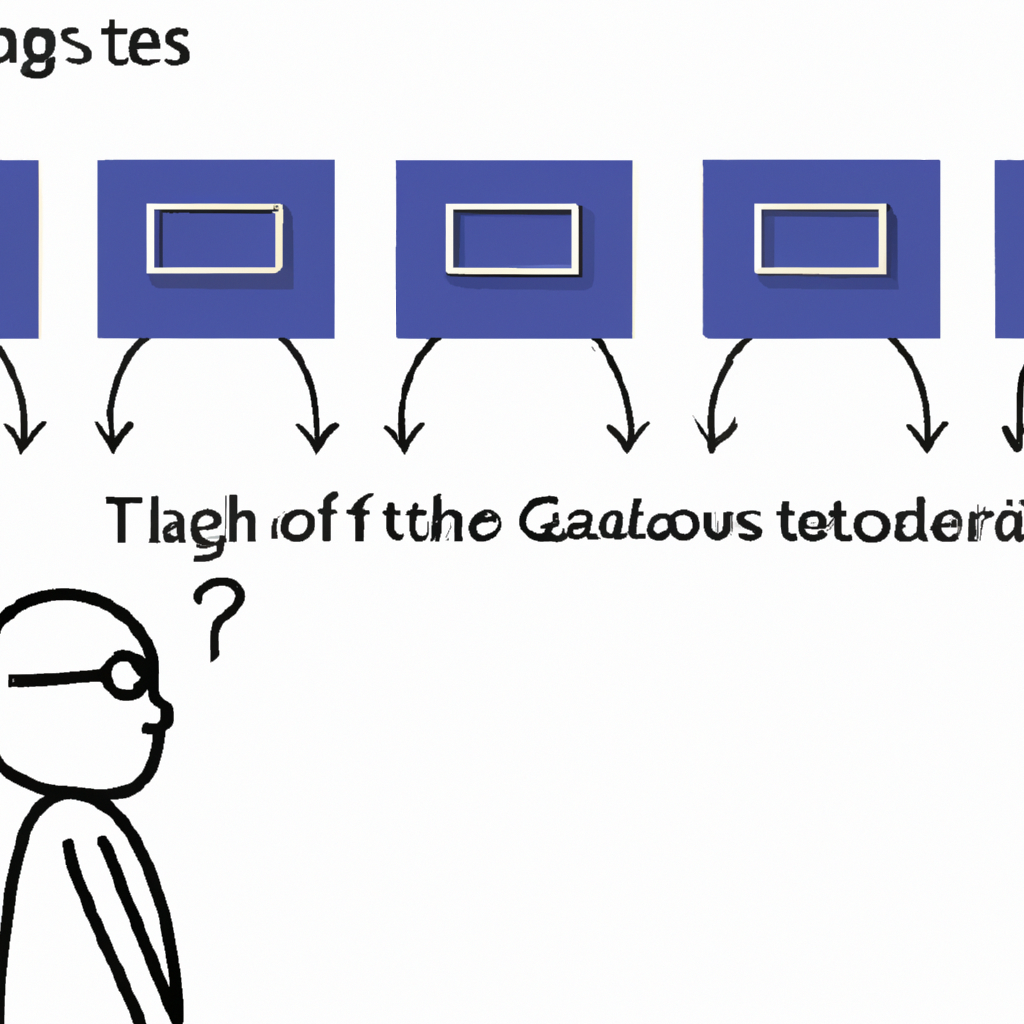Welcome to our comprehensive guide on logic gates and truth tables. Whether you’re a beginner looking to understand the fundamentals or a seasoned professional seeking a refresher, this article will provide you with all the information you need to master this important concept in digital electronics.

What are Logic Gates?
Logic gates are fundamental building blocks of digital circuits. They are electronic devices that perform logical operations on one or more binary inputs to produce a binary output. These operations include AND, OR, NOT, XOR, NAND, and NOR.
The AND Gate
The AND gate takes two binary inputs and produces a binary output based on the logical operation. It returns a high output only when both inputs are high; otherwise, it outputs a low. The truth table for the AND gate is as follows:
| Input A | Input B | Output |
|---|---|---|
| 0 | 0 | 0 |
| 0 | 1 | 0 |
| 1 | 0 | 0 |
| 1 | 1 | 1 |
The OR Gate
Similar to the AND gate, the OR gate takes two binary inputs and produces a binary output. It returns a high output if any of the inputs are high; otherwise, it outputs a low. The truth table for the OR gate is as follows:
| Input A | Input B | Output |
|---|---|---|
| 0 | 0 | 0 |
| 0 | 1 | 1 |
| 1 | 0 | 1 |
| 1 | 1 | 1 |
The NOT Gate
The NOT gate, also known as an inverter, takes a single binary input and produces the opposite binary output. It returns a high output when the input is low, and vice versa. The truth table for the NOT gate is as follows:
| Input A | Output |
|---|---|
| 0 | 1 |
| 1 | 0 |
The XOR Gate
The XOR gate, short for exclusive OR, takes two binary inputs and produces a binary output. It returns a high output only when the inputs are different; otherwise, it outputs a low. The truth table for the XOR gate is as follows:
| Input A | Input B | Output |
|---|---|---|
| 0 | 0 | 0 |
| 0 | 1 | 1 |
| 1 | 0 | 1 |
| 1 | 1 | 0 |
The NAND Gate
The NAND gate, short for NOT AND, is a combination of the AND gate followed by a NOT gate. It takes two binary inputs and produces a binary output. It returns a low output only when both inputs are high; otherwise, it outputs a high. The truth table for the NAND gate is as follows:
| Input A | Input B | Output |
|---|---|---|
| 0 | 0 | 1 |
| 0 | 1 | 1 |
| 1 | 0 | 1 |
| 1 | 1 | 0 |
The NOR Gate
The NOR gate, short for NOT OR, is a combination of the OR gate followed by a NOT gate. It takes two binary inputs and produces a binary output. It returns a low output if any of the inputs are high; otherwise, it outputs a high. The truth table for the NOR gate is as follows:
| Input A | Input B | Output |
|---|---|---|
| 0 | 0 | 1 |
| 0 | 1 | 0 |
| 1 | 0 | 0 |
| 1 | 1 | 0 |
Combining Logic Gates
Logic gates can be combined to create more complex circuits. By connecting the outputs of one gate to the inputs of another, we can achieve complex logical operations. Let’s explore a few examples:
Example 1: Creating a Half Adder
A half adder is a digital circuit that adds two single binary digits, providing the sum and carry-out. It consists of an XOR gate and an AND gate. The XOR gate calculates the sum, while the AND gate calculates the carry-out. The truth table for a half adder is as follows:
| Input A | Input B | Sum | Carry-Out |
|---|---|---|---|
| 0 | 0 | 0 | 0 |
| 0 | 1 | 1 | 0 |
| 1 | 0 | 1 | 0 |
| 1 | 1 | 0 | 1 |
Example 2: Creating a Full Adder
A full adder is a digital circuit that adds three single binary digits, providing the sum and carry-out. It consists of two half adders and an OR gate. The first half adder calculates the sum of two input bits, and the second half adder calculates the sum of the first half adder’s output and the third input bit. The OR gate calculates the final carry-out. The truth table for a full adder is as follows:
| Input A | Input B | Input C | Sum | Carry-Out |
|---|---|---|---|---|
| 0 | 0 | 0 | 0 | 0 |
| 0 | 0 | 1 | 1 | 0 |
| 0 | 1 | 0 | 1 | 0 |
| 0 | 1 | 1 | 0 | 1 |
| 1 | 0 | 0 | 1 | 0 |
| 1 | 0 | 1 | 0 | 1 |
| 1 | 1 | 0 | 0 | 1 |
| 1 | 1 | 1 | 1 | 1 |
Conclusion
In conclusion, logic gates are essential components in digital electronics. Understanding how each gate operates and how they can be combined allows us to design and build complex digital circuits. We have covered the AND, OR, NOT, XOR, NAND, and NOR gates, as well as examples of combining these gates to create more advanced circuits like half adders and full adders.
By mastering the concepts presented in this comprehensive guide, you will be well-equipped to tackle more complex digital logic projects and continue your journey from a beginner to a pro in the world of logic gates and truth tables.




